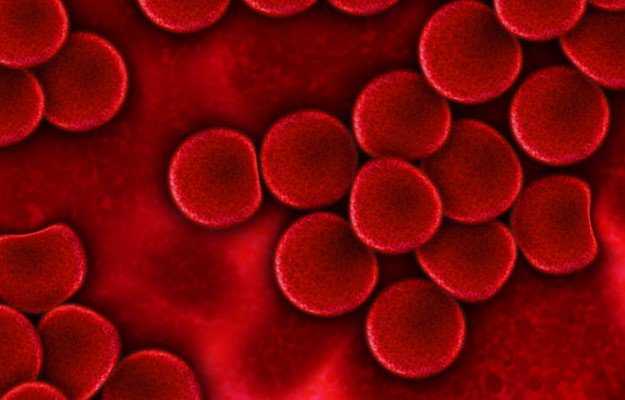What is Idiopathic Thrombocytopenic Purpura (ITP)?
Platelets are one of the components of the blood. Thrombocytopenia is a condition in which the platelet count in the blood is lower than the normal value. Platelets play a key role in blood clotting and are needed to heal the wounds and stop bleeding. Idiopathic Thrombocytopenic Purpura (ITP) is an autoimmune disorder of the blood in which the body self-destroys the platelets causing a deficiency.
What are the main signs and symptoms of Idiopathic Thrombocytopenic Purpura (ITP)?
Mild ITP often does not produce any symptoms. Severe ITP may lead to a medical emergency due to bleeding in any part of the body.
The following may be observed in ITP:
- Purplish areas or red spots on the skin surface, indicating bleeding under the skin
- Lump under the skin
- Nosebleed
- Bleeding from the gums
- Blood in urine and stools
- Wounds that continue to bleed for long
What are the main causes of Idiopathic Thrombocytopenic Purpura (ITP)?
The cause of ITP remains unknown. Sometimes, the following factors or their combination can cause ITP:
- Genetic, from parent to child
- Insufficient number of platelets produced by the bone marrow
- The bone marrow does produce platelets in sufficient numbers, but it is either used up or destroyed by the body
- Retention of a considerable amount of platelets by the spleen
ITP is generally caused by the immune response when the body starts attacking and destroying the platelets. It may also be associated with other bacterial and viral infections.
How is Idiopathic Thrombocytopenic Purpura (ITP) diagnosed and treated?
Physical examination, medical history and blood tests are used to diagnose the deficiency of platelets. The doctor may inquire about the following if he doubts ITP to be the cause:
- Bleeding symptoms
- Any disease that may cause lowering of the platelet count
- Any ongoing therapy that may be the cause for bleeding or lowered platelet count
No treatment is needed for mild ITP. Various therapies to treat a severe form of these conditions are as follows:
- Medications, such as corticosteroids, as they slow down the speed of platelet destruction
- Blood or platelet transfusion in severe cases
- Removal of the spleen as the last choice in individuals showing no response to medications. It is generally used to treat ITP.

 Doctors for Idiopathic Thrombocytopenic Purpura (ITP)
Doctors for Idiopathic Thrombocytopenic Purpura (ITP)  OTC Medicines for Idiopathic Thrombocytopenic Purpura (ITP)
OTC Medicines for Idiopathic Thrombocytopenic Purpura (ITP)

















